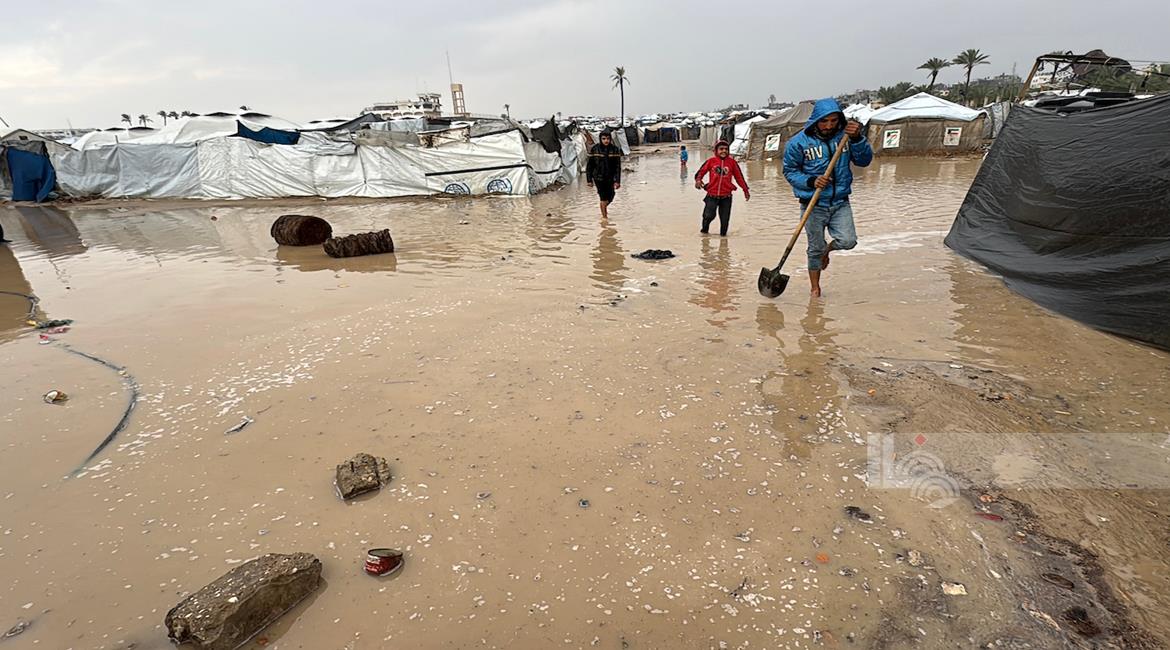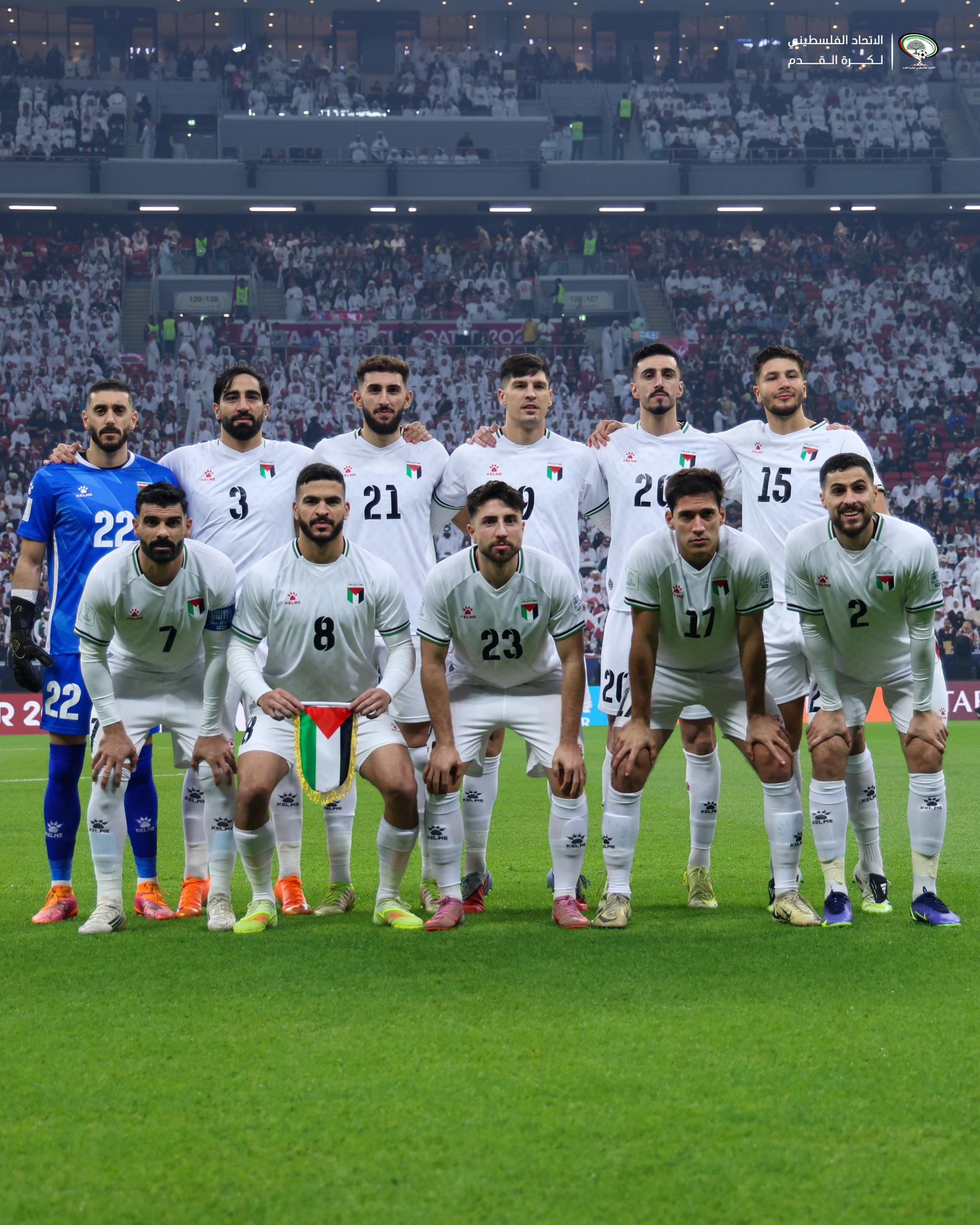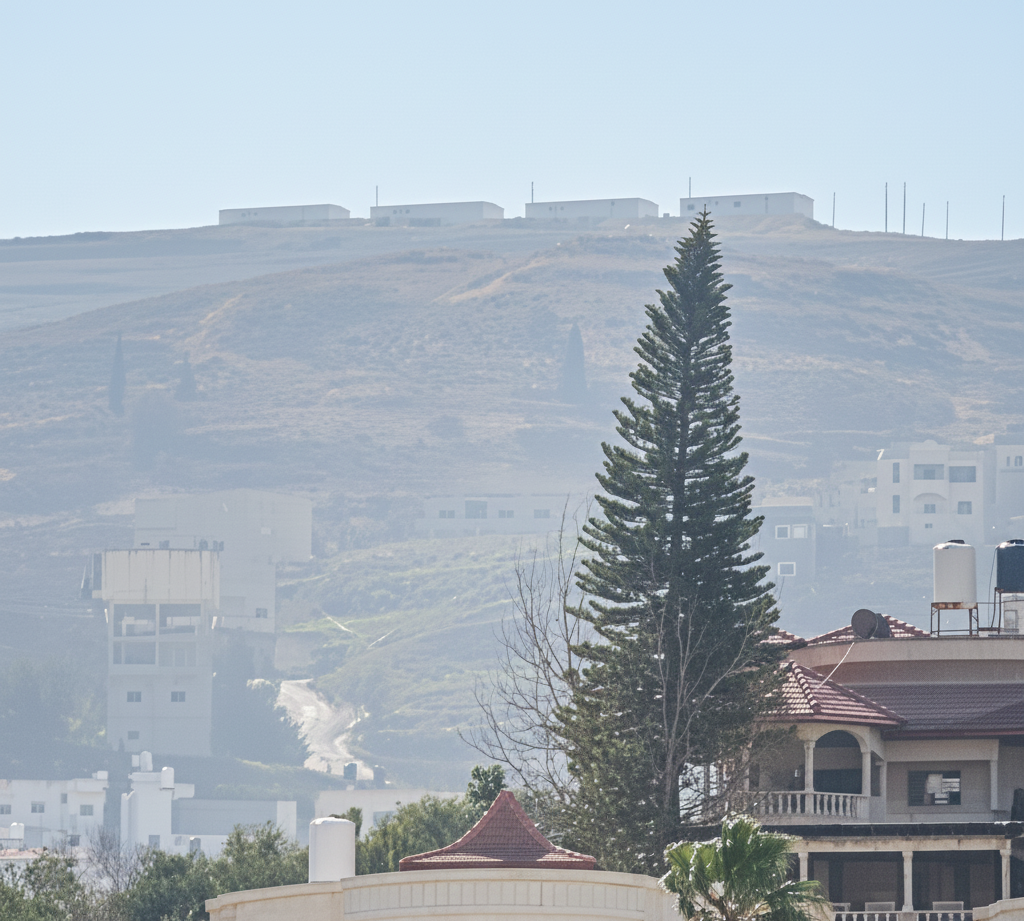By: Khaled Tayeh
RAMALLAH, Tuesday, September 10, 2019 (WAFA) - When Samar Qawasmi was awarded the title of 2019 Palestinian Ambassador to Heritage and Folklore, she immediately started to think of her next move: World Heritage Ambassador, and she is getting ready to compete for it when it will be held in Cairo next month.
Qawasmi, 22, from Jerusalem and a senior in business administration and marketing at Bethlehem University with great passion for heritage and folklore, saw an advertisement at her college for the competition for Palestinian Ambassador to Heritage and Folklore and immediately applied for it.
Samar Qawasmi, wearing the traditional Palestinian garment with its rich and colorful embroidery, after winning the award for 2019 Palestinian Ambassador to Heritage and Folklore.
“When I saw the announcement by the Dean of Student Affairs about the competition, I immediately applied for it,” she told WAFA.
“I was interviewed by some deans of faculties and was eventually nominated to represent my university, Bethlehem University. The next step was preparing for the main interviews, which have been built up on certain criteria for evaluation. They were based on the amount of the historical information the candidate has and the richness of knowledge about the Palestinian heritage, including the historical monuments, displaced villages, the traditional heritage clothing and its differences between cities and villages, the structure of Palestinian houses since ancient times, folk dishes, folk songs and their occasions, folk proverbs and their meanings and also the most famous writers, poets, musicians and anyone who left an impact on Palestinian culture. Everything related to the land, whether tangible or not. In addition to that, they focused on how many languages the nominee speaks, because they are very important for the ambassador to use for representing Palestine in any international event.”
Qawasmi said entering this competition was not easy and that she had to do her homework well. “It definitely needed hard work,” she said. “I asked for help from people who are best able to help me because of their deep knowledge and involvement in this field. I also benefited from some books related to Palestinian history.”
Palestinian heritage is definitely a key element in the Palestinian culture and identity. Every Palestinian, whether residing in Palestine or in the diaspora, knows the importance of his or her heritage for the preservation of their identity and history.
Qawasmi understood the importance of her culture and heritage, even at a very young age. Her passion for Palestinian heritage and folklore led her at a young age to teach the Palestinian folkloric dance, the dabka, to young children.
“I see myself as someone seeking a positive change for her and for the Palestinian youth. I’ve believed in this for three years now, back to when I started teaching the popular dabka dance for children, especially girls from ages 9-12 years old. I noticed the importance of raising a child attached to heritage in all its aspects and not just the dabka. The curiosity of children in this age is an opportunity to introduce them to their true identity. As a result, this will remain part of them as they grow up,” she said.
“I grew up in a family of four sisters. My parents were very aware of raising each and every one of us to take responsibility and that each of us has a distinctive aspect that can be exploited, and that a woman has a key role in the society that she has to look for. That’s why I started looking for my duty.”
Qawasmi said she felt a sense of pride for starting her steps in the right way. “I have always wanted to be part of any project that might contribute to spreading awareness about the rich Palestinian heritage and its uniqueness, just as any ancient civilization in the world.”
She said she believes local and international cultural festivals and exhibitions are a platform for each country to better identify itself. “It is an opportunity for the Palestinians to convey the right image of the Palestinian people‘s right to land, the extent of their heritage and richness, in addition to the creativity of the new Palestinian generation, its quest for science, development and influence in the world.”
She expressed concern that due to political reasons, the Palestinian culture and heritage are facing many threats, even obliteration.
“The young generations are subjected to numerous attempts for stealing their heritage before their eyes. Quite simply, if Palestinians continue to practice their inherited habits on special occasions, preserve the ancestors‘ garments and protect them from being lost, learn about their country‘s history and listen to their grandparents stories about their early lifestyle, and talk about it at any opportunity they find anywhere in the world, I think that’s the least they can do for their homeland,” said Qawasmi.
For this reason she decided to participate in the World Heritage Festival that will take place in Egypt next month, where each country will display its heritage products. This competition is organized by the International Forum for Heritage and Folklore and sponsored by the League of Arab States and UNESCO.
“I will compete for the title of World Heritage Ambassador. I‘m preparing to expand my knowledge to include the heritage of other civilizations and to represent the heritage of my country in the way it deserves,” she said. “Our heritage is a definite testimony to our existence. Maintaining it is a national duty. No matter what areas of work and lifestyle we have, we must volunteer to preserve this endangered heritage.”
K.T./M.K.













